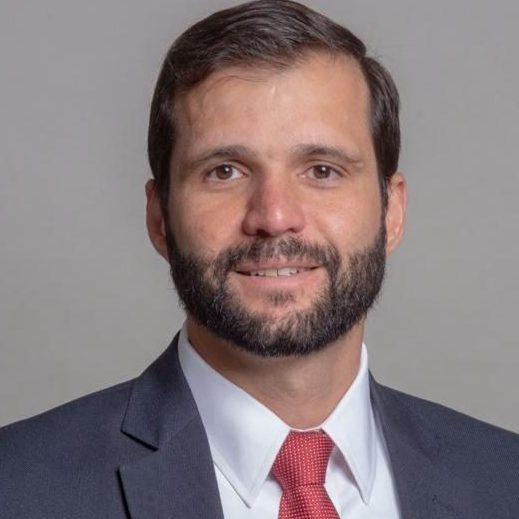Direct actions against P&I clubs may be a topic for debate in some jurisdictions, but not in Brazil.
Despite some court cases, in which cargo owners or insurers have attempted to hold P&I clubs jointly liable with the shipowner for cargo damages, the Brazilian courts have repeatedly rejected such claims, confirming that direct actions should not be admissible.
One clear example was a case judged by the court of Rio de Janeiro, which established a landmark precedent on the topic.
In such case, claimants sought a declaratory judgment aiming to obtain a court decision recognizing the P&I club’s joint liability for indemnifying cargo losses for which one of its members was originally held responsible in a separate proceedings.
The P&I club then successfully defended the case at court and the claim ended up being rejected by the first instance judge.
The Court’s decision raised several relevant arguments and analyzed the legal nature of P&I clubs to confirm why a direct claim against the club should be dismissed.
The judge understood that the rights of a subrogated cargo insurer against a shipowner who acted as carrier cannot be extended against the P&I club of which such owner is a member.
The decision also stated that P&I clubs are associations formed by shipowners and charterers, aiming to mutually safeguard the losses and damages suffered or caused by their members, directly related to the operations of the vessels entered therein, there being no legal connection with the claimant, a third party, to allow the club to answer for a debt of its member.
The P&I club regime is distinct from traditional insurance in several ways. While the first one is regulated by the club rules, the other is governed by a formal insurance policy.
The first has a flexible regime of “calls”, “supplementary calls” and even “return calls”, as opposed to the traditional insurance premiums.
P&I clubs do not aim for profit, while traditional insurance seeks profit from the risks they cover.
The relation between a club and a member is of an association and not a bilateral contract as the relationship between an insured party and its insurer. While a traditional insurer may eventually be forced to indemnify the victim of a covered damage, the club relation is bound by the “pay to be paid” principle.
The court decision was subject to an appeal but was upheld by the Court of Appeals of Rio de Janeiro, which confirmed that the P&I club cannot be considered liable to directly indemnify third parties for claims against its members.
Following the same conclusions reached in the case above mentioned, there is not a single court decision in Brazil accepting a direct action against a P&I club for cargo claims arising out of damages caused by a shipowner that is a member of the club.
Lucas Leite Marques – Kincaid Mendes Vianna Advogados – Brazil

Comments are closed